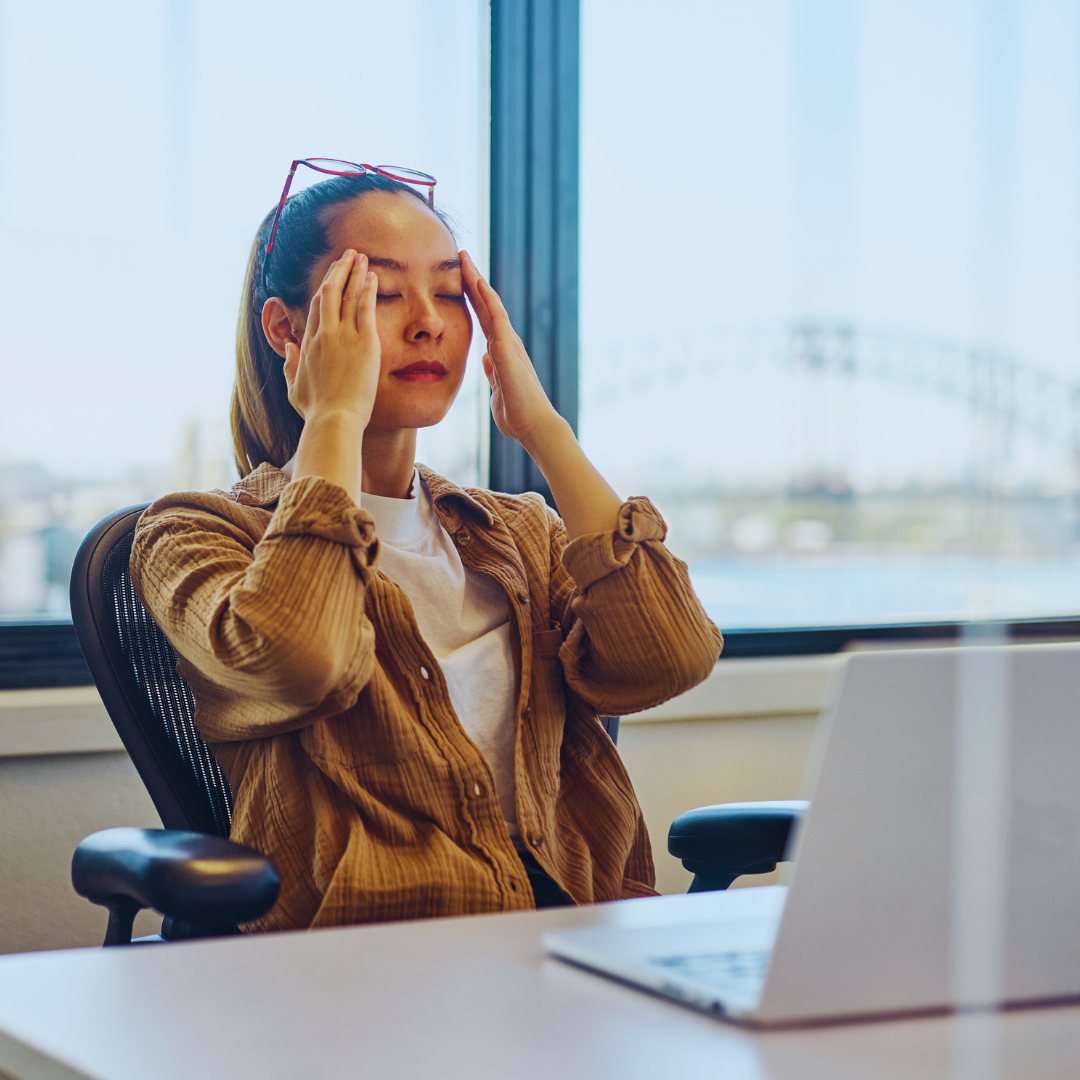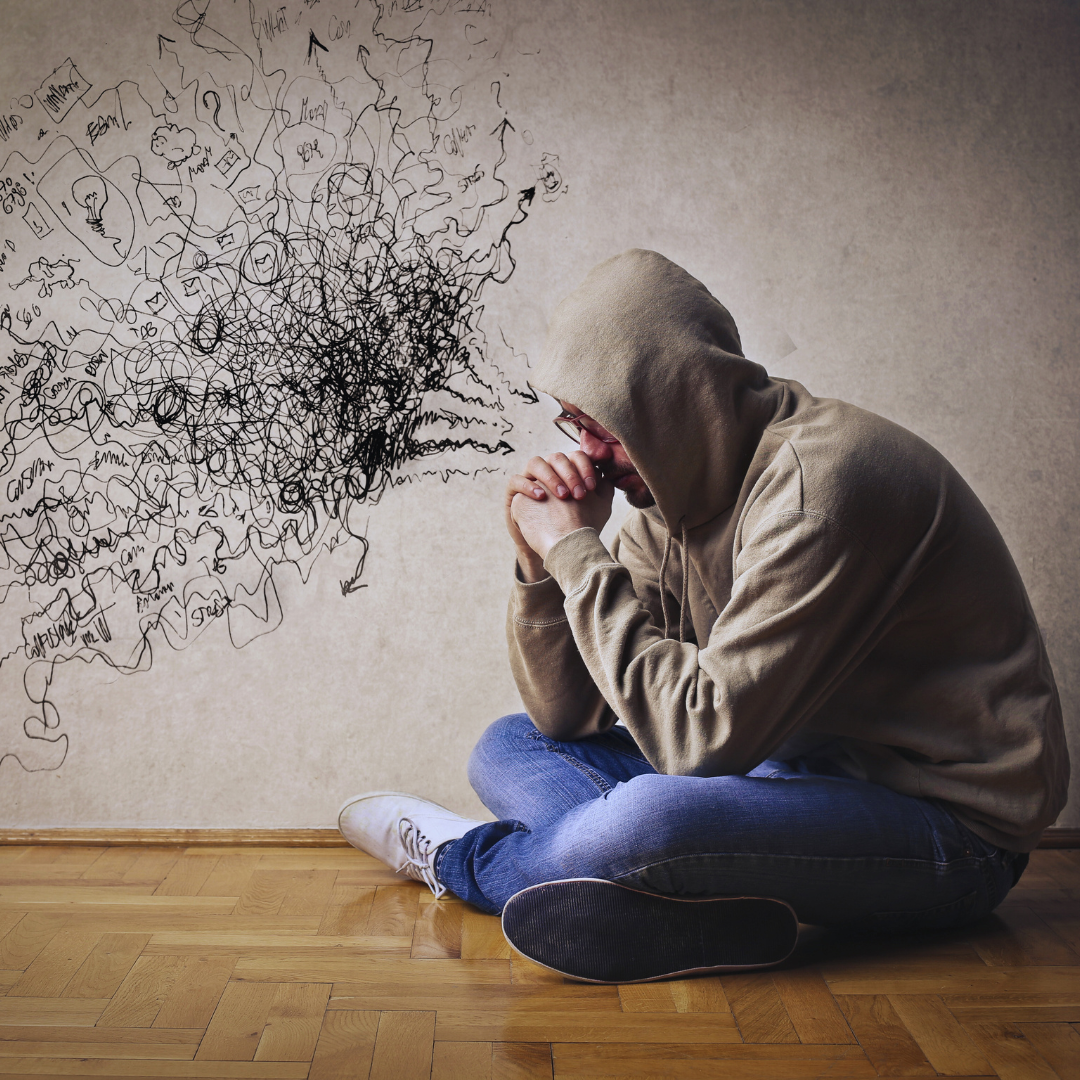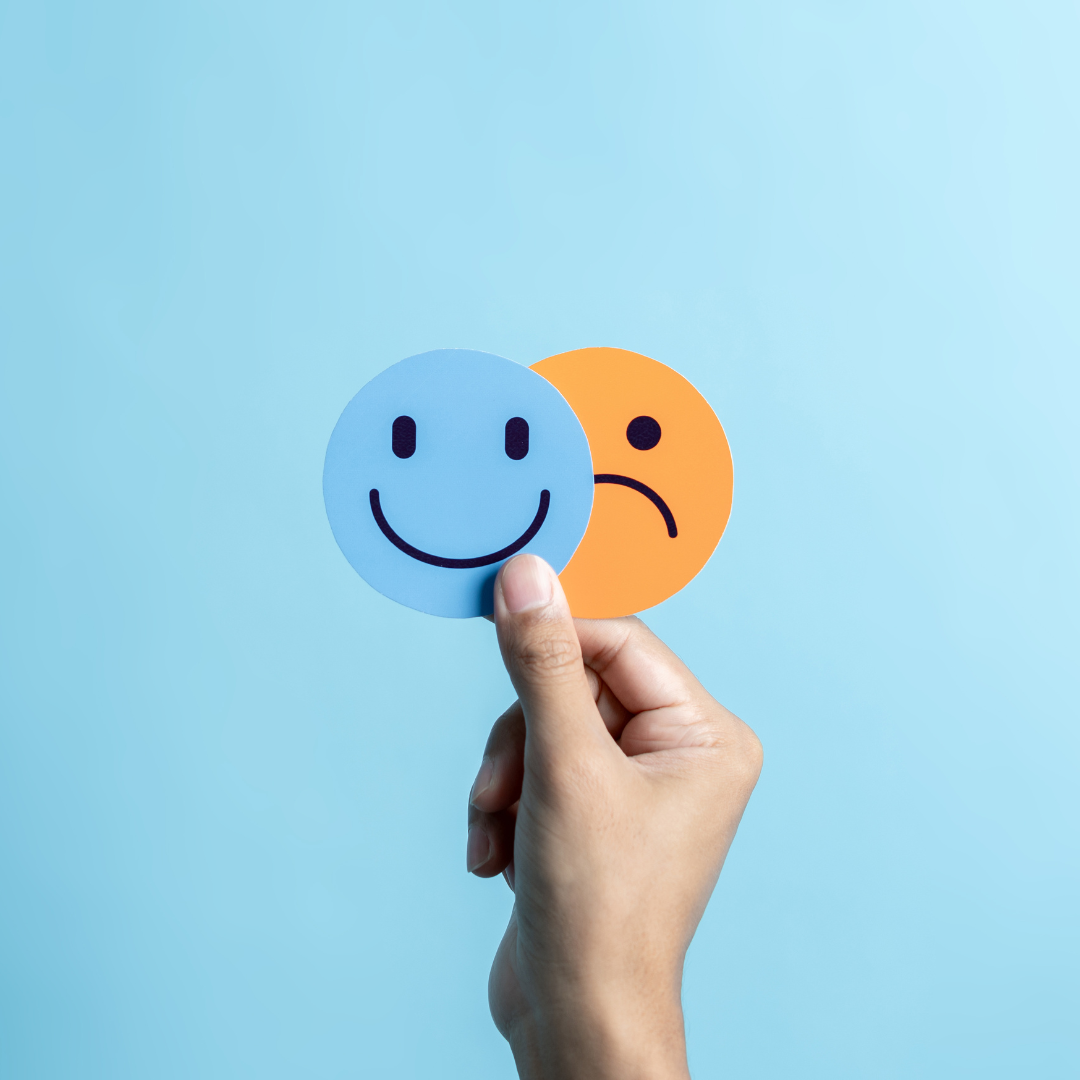Overcoming Self-Doubt in Your Business Journey: Strategies for Success
Self-doubt can be a formidable barrier in the entrepreneurial journey, affecting decision-making and limiting potential. Many entrepreneurs experience this psychological hurdle at various stages of their business. Recognizing that self-doubt is a common challenge allows individuals to confront it head-on and develop strategies for overcoming it.
Building a business requires resilience and confidence, yet doubts often creep in, questioning abilities and decisions. This undermining self-talk can hinder progress and stifle innovation. By cultivating a growth mindset and surrounding oneself with supportive networks, entrepreneurs can transform self-doubt into fuel for growth.
Entrepreneurs can also benefit from practical techniques such as setting achievable goals and celebrating small victories. Embracing failure as a learning opportunity further diminishes the power of self-doubt. With the right strategies in place, overcoming self-doubt becomes a vital step toward achieving entrepreneurial success.
Understanding Self-Doubt in Business
Self-doubt is a pervasive challenge that can hinder an entrepreneur’s path to success. It can manifest in various ways, influencing decisions and ultimately affecting business growth. Recognizing these signs and understanding the triggers can empower business owners to navigate their entrepreneurial journey with greater confidence.
Recognizing Signs of Self-Doubt
Self-doubt often presents itself through specific behaviors and emotions. Entrepreneurs may experience constant self-questioning about their skills or decisions. This could manifest as a reluctance to share ideas or seek opportunities due to fear of criticism.
Other signs include overthinking certain choices, delaying actions, and feeling overwhelmed by responsibilities. Individuals might also find themselves exhibiting perfectionism, fearing that anything less than perfect will lead to failure. Recognizing these indicators is crucial for addressing self-doubt early.
Common Triggers for Entrepreneurs
Several factors can trigger self-doubt in entrepreneurs. Fear of failure is a significant contributor. The pressure to succeed can lead to indecision and second-guessing. Negative feedback from peers or mentors can further exacerbate these feelings.
Another common trigger is impostor syndrome, where an entrepreneur feels undeserving of their achievements. Market volatility and competition may also cause anxiety, prompting self-doubt about one’s business acumen. Understanding these triggers can help entrepreneurs prepare for and mitigate feelings of self-doubt.
Impact on Decision-Making and Business Growth
Self-doubt can have a profound effect on decision-making processes. Entrepreneurs may hesitate to make important choices due to fear of the consequences. This indecision can stall progress and hinder business growth.
Moreover, a lack of confidence can lead to missed opportunities. When self-doubt overshadows potential, entrepreneurs risk avoiding risks that could lead to innovation or expansion. It is crucial for business owners to recognize this impact and actively work to build their confidence to foster a healthier entrepreneurial journey.
Strategies to Overcome Self-Doubt
Addressing self-doubt involves a multifaceted approach. Key strategies include enhancing self-awareness, fostering a growth mindset, setting realistic goals, and practicing self-compassion.
Building Self-Awareness and Reflection
Self-awareness serves as a foundation for overcoming self-doubt. By recognizing their thoughts and feelings, individuals can identify triggers for negative self-talk and limiting beliefs.
Journaling is an effective tool for this purpose. Keeping a daily journal allows for reflection on business experiences and emotions, revealing patterns over time.
Regular reflection—whether through meditation, self-assessment, or discussions with mentors—can deepen understanding and help individuals reframe their perspectives. This process enables them to acknowledge achievements rather than focus solely on shortcomings.
Cultivating a Growth Mindset
A growth mindset enables individuals to view challenges as opportunities for learning. This perspective shifts focus from perceived failures to personal growth.
To cultivate this mindset, individuals should embrace challenges and remain persistent in the face of setbacks. They can practice by intentionally stepping out of their comfort zones in business activities.
Additionally, seeking feedback and viewing criticism as constructive can further reinforce a growth-oriented approach. Celebrating small wins along the way can help maintain motivation and confidence during the journey.
Setting Realistic Goals and Milestones
Setting realistic goals is essential for managing self-doubt. Goals should be specific, measurable, achievable, relevant, and time-bound (SMART).
Breaking down larger objectives into smaller, manageable milestones makes the path to success clearer. This method provides an ongoing sense of accomplishment, which is crucial for building confidence.
Regularly reviewing and adjusting these goals ensures they remain relevant and attainable, reducing feelings of overwhelm. It’s important for individuals to recognize their progress, reinforcing a positive mindset as they reach each milestone.
Practicing Self-Compassion and Positive Self-Talk
Self-compassion involves treating oneself with the same kindness that one would offer a friend. This approach can reduce the harshness of self-criticism and promote resilience.
Incorporating positive self-talk into daily routines can counter negative thoughts. Simple affirmations can shift perspectives away from perfectionism and towards acceptance of imperfections.
Being mindful of language is vital. Instead of saying, “I failed,” one might rephrase it to, “I learned something valuable.” This shift not only lessens the impact of self-doubt but also encourages continued efforts and growth.
Building Confidence and Resilience
Developing confidence and resilience is essential for navigating the complexities of a business journey. It involves recognizing the role of failure, leveraging personal strengths, and celebrating achievements to maintain motivation.
Embracing Failure and Learning from Setbacks
Failure is often perceived as a setback, but it can serve as a powerful teacher. When one embraces failure, they gain insights that can lead to better decisions in future endeavors.
He or she should approach each missed opportunity as a chance to assess what went wrong. Listing lessons learned can transform a negative experience into a valuable resource, fostering resilience.
Understanding that setbacks are common in the business world allows individuals to reduce anxiety associated with failure. This mindset encourages experimentation and promotes sustainable growth.
Leveraging Strengths and Skills
Recognizing personal strengths and skills is vital for building confidence. Individuals should conduct a self-assessment to identify unique talents that can be applied to their business strategies.
Creating a skills inventory can provide clarity. This inventory might include technical skills, interpersonal competencies, or problem-solving abilities. By understanding these strengths, they can tackle challenges more effectively.
Moreover, seeking opportunities for skill enhancement can further bolster confidence. Engaging in workshops or networking with experienced professionals can increase one’s knowledge and make them feel more equipped to handle business hurdles.
Celebrating Small Wins for Motivation
Small wins play a crucial role in maintaining motivation on the road to success. Acknowledging even minor achievements can create a sense of progress, reinforcing positive behavior.
He or she can implement a reward system for themselves for completing tasks, no matter how insignificant. This could include treating oneself to a favorite snack or taking a moment to reflect on accomplishments.
Keeping a success journal is another effective strategy. Documenting these small victories helps individuals maintain a positive mindset and reminds them of their capability to overcome challenges.
Creating a Supportive Environment
A supportive environment is essential for overcoming self-doubt in a business journey. Cultivating positive influences and building a robust network can significantly impact mental health and resilience. This section explores key elements that contribute to a nurturing atmosphere for entrepreneurs.
Seeking Feedback and Positive Influences
Feedback is a vital tool for growth. She should regularly seek constructive feedback from trusted colleagues or mentors. This practice not only provides clarity but also reinforces strengths and areas for improvement.
Positive affirmations play a significant role in fostering confidence. They encourage a mindset shift from self-doubt to self-acceptance. Incorporating daily positive affirmations can help reshape perceptions and instill greater self-belief.
Surrounding oneself with positive influences also matters. Engaging with individuals who encourage adaptability and positivity can help counteract anxiety and stress. Embracing these influences leads to a more confident mindset.
Building a Strong Support Network
Creating a strong support network is crucial. This involves connecting with individuals who share similar goals and experiences. Engaging with like-minded entrepreneurs can facilitate discussions that alleviate feelings of isolation.
A diverse support system can include friends, family, and peers who understand the challenges of entrepreneurship. They provide not only emotional support but also valuable insights.
Regular meetups or informal gatherings can solidify these relationships. She should prioritize open communication and share successes and challenges. This transparency fosters a sense of belonging and shared purpose.
Mentors, Business Coaches, and Like-Minded Entrepreneurs
Mentors and business coaches offer invaluable guidance. They can provide perspectives based on their experiences, helping to navigate challenges effectively. Selecting someone with a compatible vision and values is essential for impactful mentorship.
Engaging with like-minded entrepreneurs fosters camaraderie. This collective environment encourages sharing ideas and experiences that resonate with similar journeys. It also serves as a reminder that challenges are part of the path.
Finding the right mentor may involve networking events or industry conferences. Actively seeking connections can lead to relationships that inspire growth and resilience.
Incorporating Mindfulness and Self-Care Practices
Mindfulness practices can significantly reduce stress and anxiety. Techniques such as meditation or deep-breathing exercises promote clarity and focus. These practices allow individuals to reconnect with their goals and aspirations.
Prioritizing self-care is equally important. Regular physical activity, balanced nutrition, and adequate rest contribute to overall well-being. This holistic approach can prevent burnout and maintain motivation.
Creating boundaries is also vital. Setting aside dedicated time for self-care amidst a busy schedule fosters a healthier work-life balance. Embracing this aspect of the journey promotes long-term sustainability in the entrepreneurial path.










